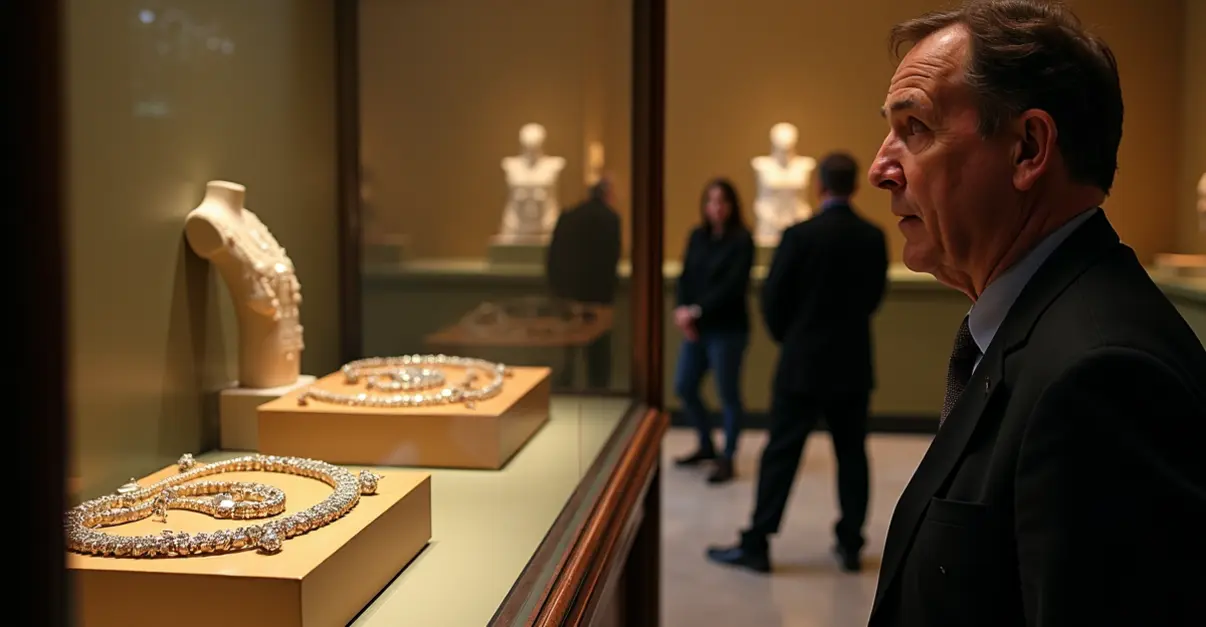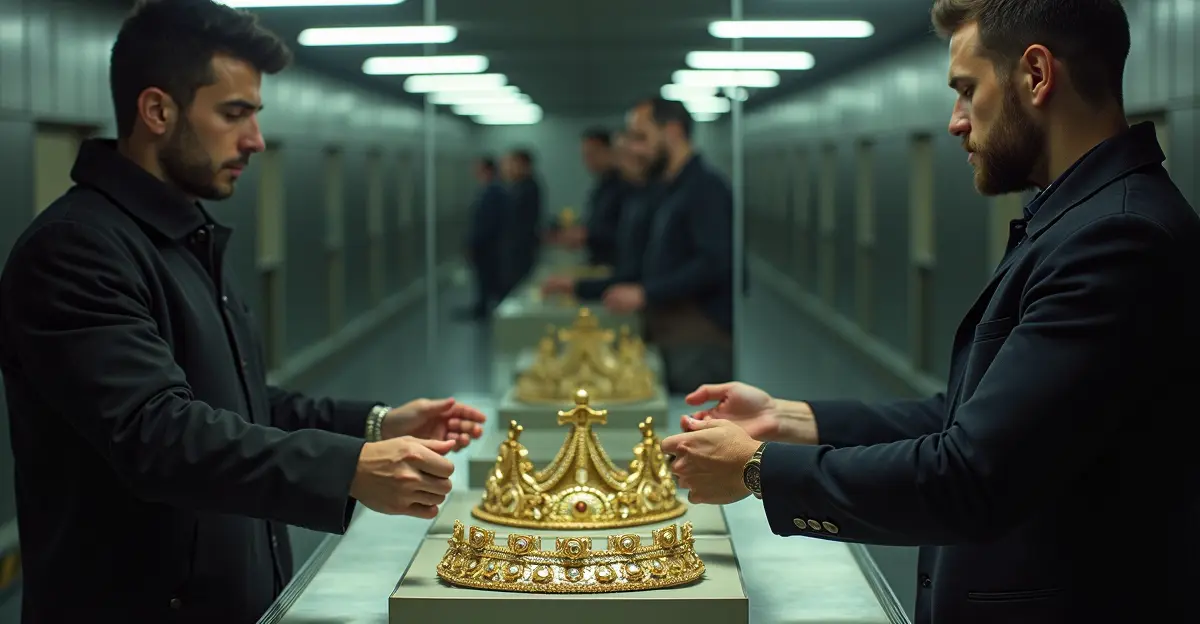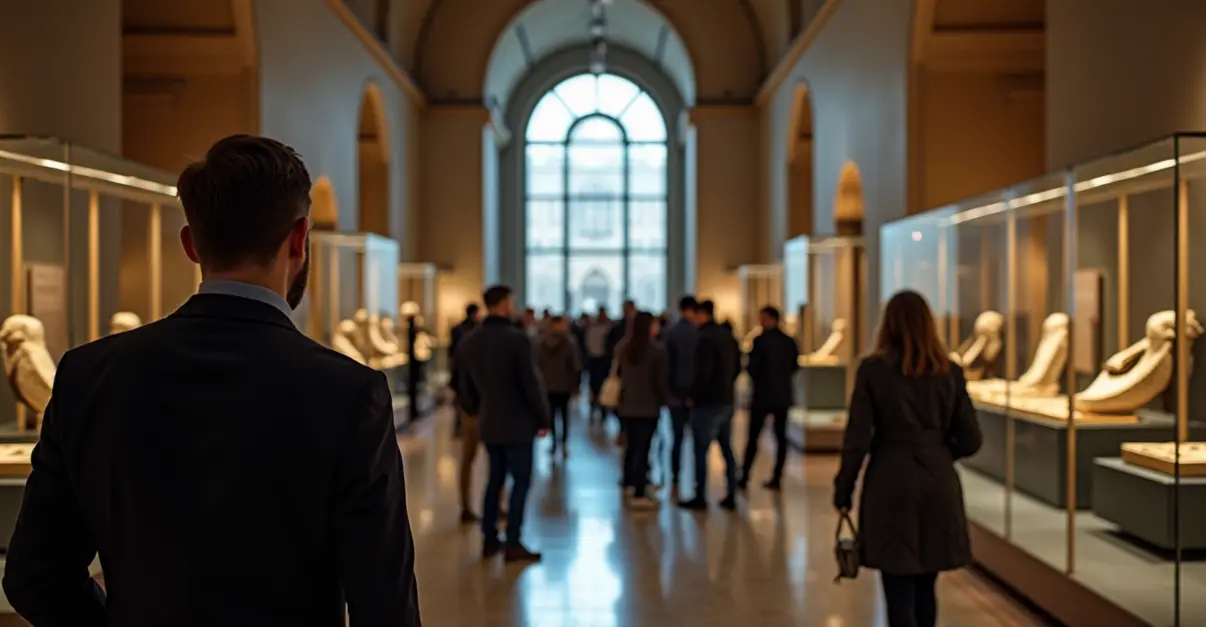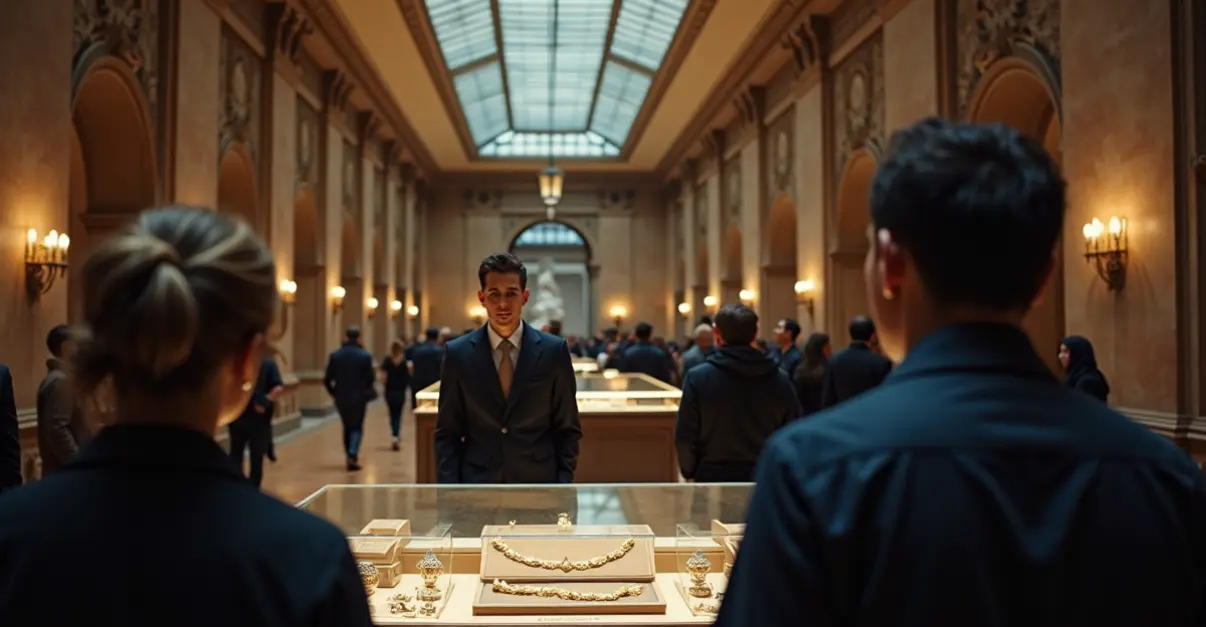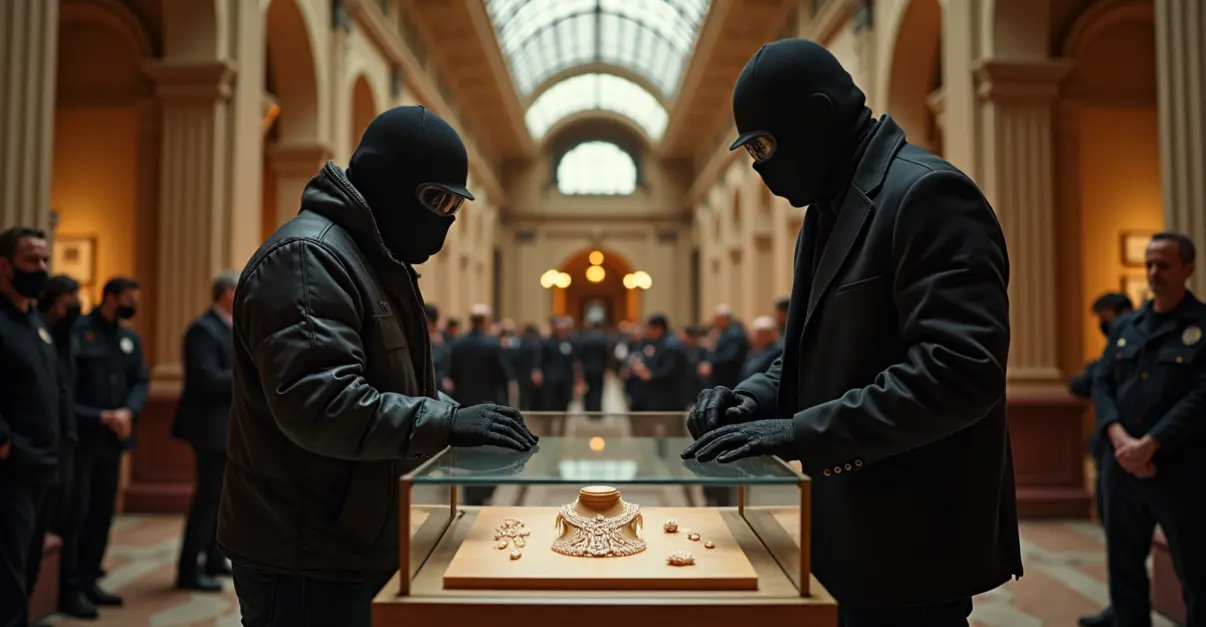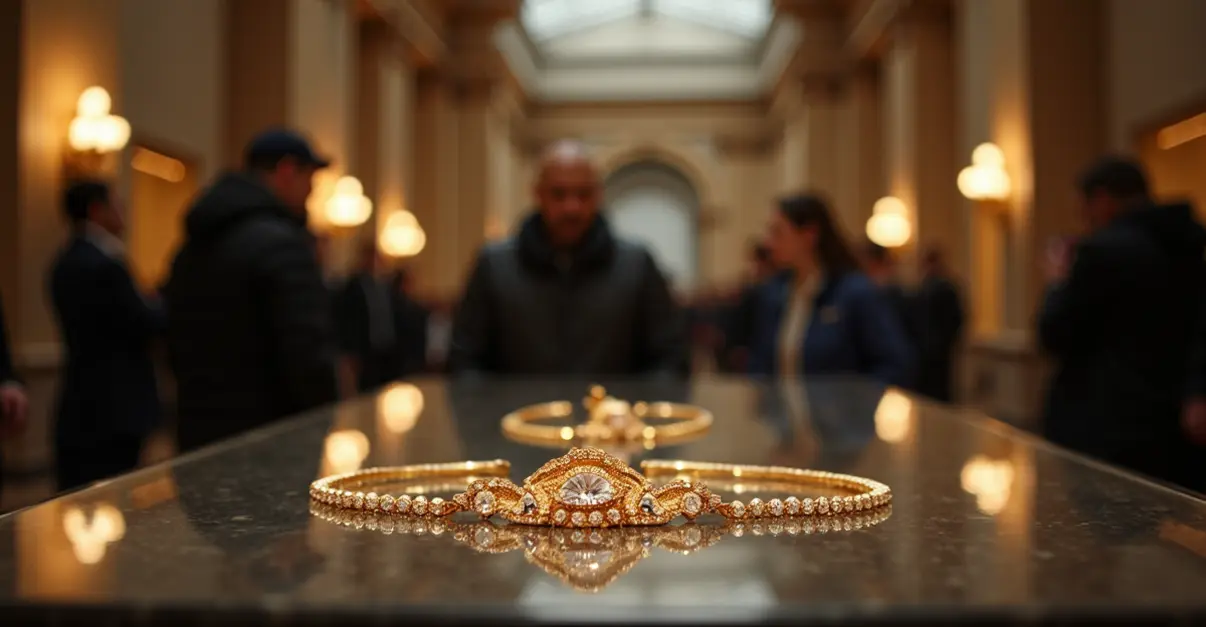Paris Police Chief Admits Major Security Failures at Louvre Museum
Paris police chief Patrice Faure has publicly acknowledged significant security deficiencies at the Louvre Museum following a spectacular $102 million jewel heist that exposed critical vulnerabilities in one of the world's most visited cultural institutions. During testimony before French senators, Faure revealed that outdated security systems and delayed maintenance created dangerous gaps that enabled thieves to steal eight pieces of French crown jewels in just minutes.
Technological Failures and Expired Permits
Faure told lawmakers that 'there has been no technological step forward' in the museum's security infrastructure, with parts of the video surveillance network being so antiquated they produce low-quality images that cannot be shared in real time. Even more alarming, the Louvre's authorization to operate its security cameras expired in July and was never renewed, a situation critics describe as symbolic of broader negligence.
The police chief emphasized that promised renovations costing approximately 80 million euros won't be completed until 2030, leaving the museum vulnerable for years to come. 'The problem is not a guard at a door,' Faure stated. 'It's accelerating the alarm chain.'
The Seven-Minute Heist
On October 19, 2025, four masked thieves disguised as construction workers executed a meticulously planned robbery that took less than eight minutes total. Using a furniture lift to access a second-floor balcony, they cut through a glass window of the Apollo Gallery with power tools, threatened guards, and smashed display cases containing priceless French royal jewels.
The stolen items included sapphire and emerald jewelry once owned by French queens and empresses, with the total value estimated at €88 million ($102 million). During their escape, the thieves dropped Empress Eugénie's diamond crown, which was later recovered damaged but potentially restorable.
Security Response and Future Measures
Faure rejected calls for a permanent police post within the museum, arguing it would be ineffective against fast, mobile robberies. Instead, he advocated for advanced technologies currently prohibited in France, including AI detection systems and real-time tracking of objects (though not faces) to identify suspicious movements and monitor vehicles like scooters through city cameras.
The first alert didn't even come from the Louvre's alarm system. 'A cyclist called the emergency number after seeing men with helmets in a construction lift outside,' Faure revealed, highlighting the security breakdown.
Broader Implications and Arrests
The heist has exposed that the stolen jewels were not insured, meaning the Louvre will receive no compensation for the loss. French authorities arrested two suspects from Seine-Saint-Denis shortly after the theft, with one attempting to board an international flight.
Louvre director Laurence des Cars had previously testified about security shortcomings and offered her resignation, which was refused by the Culture Minister. The incident has sparked a national conversation about protecting France's cultural heritage, with multiple museums reporting thefts in recent months including the Natural History Museum and other institutions.
As Faure concluded his testimony, he emphasized the urgent need for modernization: 'We must allow tools that are currently forbidden to protect our national treasures.'

 Nederlands
Nederlands
 English
English
 Deutsch
Deutsch
 Français
Français
 Español
Español
 Português
Português
